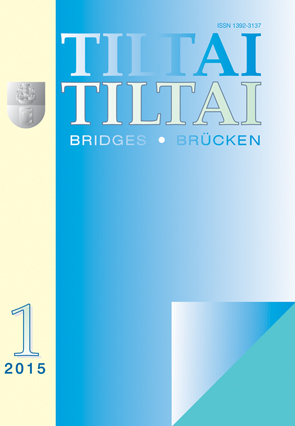Volume 70, Issue 1 (2015), January 2021

Order by:
Pub. online: 4 Aug 2022
Type: Article
 Open Access
Open Access
Abstract
Pub. online: 4 Aug 2022
Type: Article
 Open Access
Open Access
Abstract